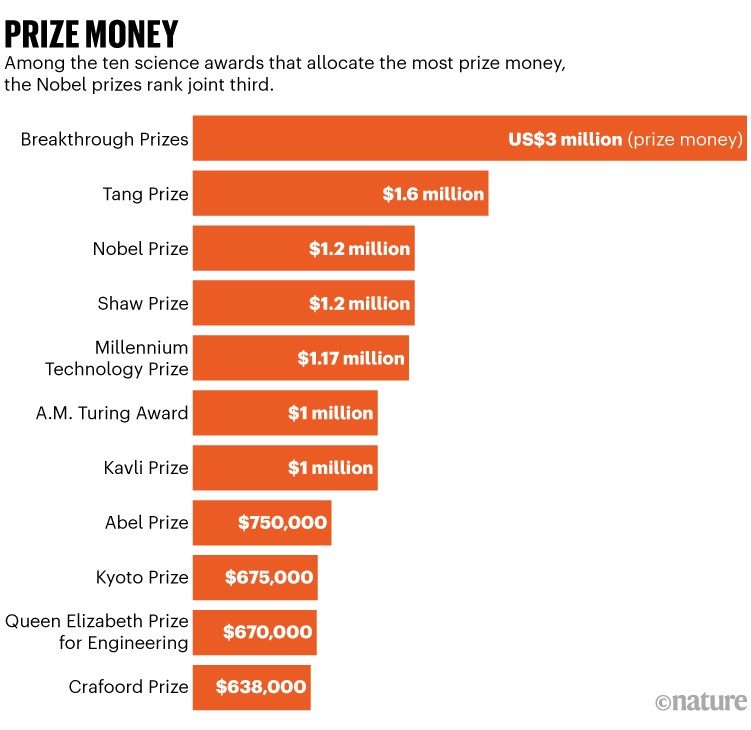Here's the latest survey of the job market for new PhD economists:
To: Members of the American Economic Association
From: AEA Committee on the Job Market: John Cawley (chair), Elisabeth “Bitsy” Perlman, Al
Roth, Peter Rousseau, Wendy Stock, and Stephen Wu
Date: December 1, 2025
Re: Survey of hiring plans of U.S. Economics Departments


################
Also on the AEA website is this unprecedented announcement:
Announcement December 2, 2025
Statement from the American Economic Association
"The American Economic Association (AEA) has accepted Lawrence H. Summers' voluntary resignation from membership and, pursuant to the AEA's Policies, Procedures, and Code of Professional Conduct, has imposed a lifetime ban on his membership. In addition, effective immediately, the AEA has imposed a lifetime prohibition on Mr. Summers' attending, speaking at, or otherwise participating in AEA-sponsored events or activities, including serving in any editorial or refereeing capacity for AEA journals. The AEA condemns Mr. Summers' conduct, as reflected in publicly reported communications, as fundamentally inconsistent with its standards of professional integrity and with the trust placed in mentors within the economics profession. Consistent with longstanding AEA practices and to protect the integrity and confidentiality of AEA processes, the AEA will not comment further on individual matters or the specific considerations underlying this determination.
The AEA is committed to upholding the highest standards of professional conduct and to fostering a safe, respectful, and inclusive environment for all members of the economics community. The AEA affirms its expectation that all members adhere to the AEA Code of Professional Conduct and the AEA Policy on Harassment, Discrimination, and Retaliation, and remains dedicated to maintaining professional environments in which economists of all backgrounds can participate fully, and with dignity and respect."




